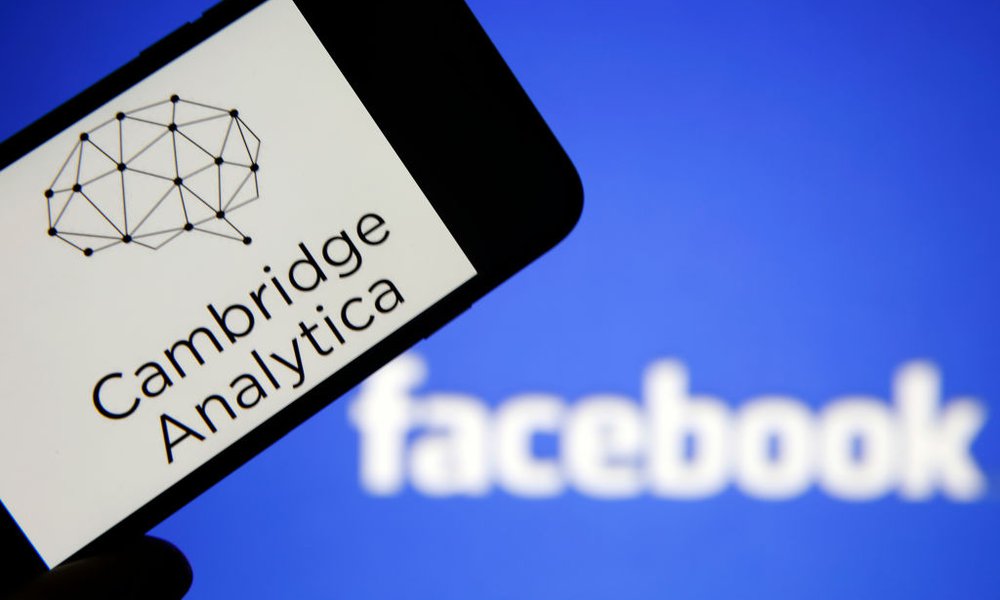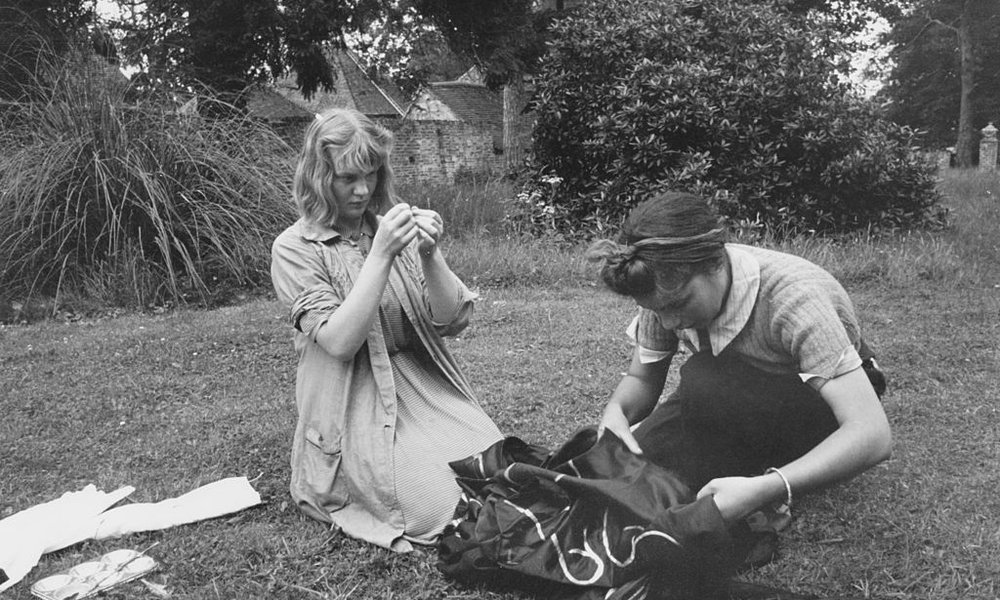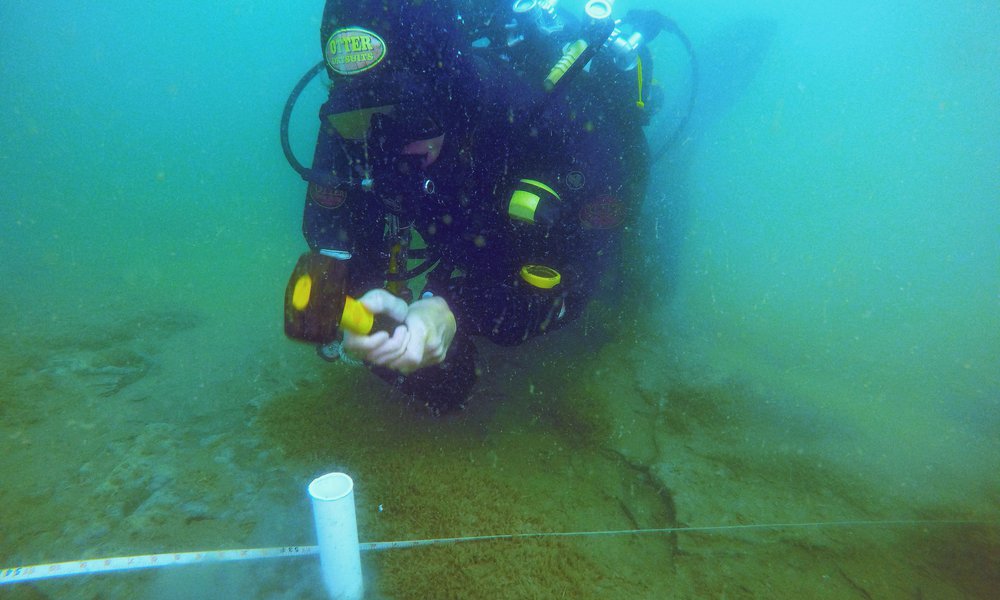How and why do we remember war?
by Dr Alice Kelly
20 Aug 2018
In spring 2017, Dr Alice Kelly won a British Academy Rising Stars Engagement Award. With the funding received, she organised an interdisciplinary seminar series titled ‘Cultures and Commemorations of War’, consisting of three one-day workshops at the University of Oxford and the Imperial War Museum, London that considered the practices and politics of war memory across time.
The way we remember war tells us about what our society values. The past few years have seen an explosion of commemorative activity at the local, national and international level, from the ongoing First World War centenary and the 150th anniversary of the American Civil War, to new transnational monuments such as the Ring of Remembrance in France. The five million people who went to see the ceramic poppies at the Tower of London gives just one indication of the public need to remember, whilst the debate over spaces and statues of memory and appropriate ways to commemorate rages on ever more fiercely. The outrage over ‘Holocaust selfies’ and the role of social media in remembrance, usually through memes and hashtags, further amplifies this debate. Arguably there’s never been a more public culture of war memory, and memory wars, than this present historical moment. And this moment – for all of us interested in war memory – begs commentary, analysis and theorisation.
I’d noticed in my own research that war scholars tend to work on just one war – for example, the First World War, American Civil War, or Vietnam War – and didn’t seem to talk to other groups that much. The aim of this series was to bring those scholars – all working in different disciplines and at different stages, from early-career researchers to advanced scholars – into conversation with one another, and with others outside the university working on war memory, including practitioners, policy makers, charities, and representatives from the media, culture and heritage industries. The series, which developed out of a course I initially devised for first-year undergraduates at Yale University, has fostered an interdisciplinary and multicultural dialogue about the history and nature of war commemoration across time and its cultural, social, psychological and political iterations. It included four keynote lecturers, 27 speakers and, at each event, over 40 academic and public participants, including veterans.
The first workshop, Why Remember? War and Memory Today, held in November 2017 at the Rothermere American Institute at Oxford, considered our current moment in war commemoration, drawing on the First World War centenary commemorations and the ongoing removal of confederate statues across the US. The event featured a morning workshop led by early-career researchers and a series of panels in the afternoon, including a keynote by David Rieff, author of In Praise of Forgetting: Historical Memory and its Ironies (2016). The conversation ranged from the complex politics of national remembrance, to the commercialisation of 9/11, to the recovery of bodies of First World War soldiers at Fromelles.
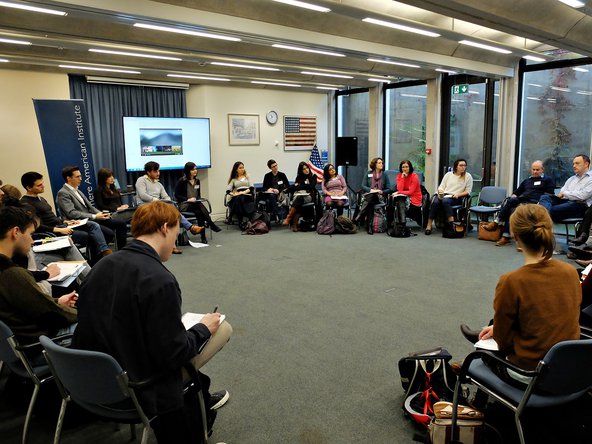
The second event was held in December 2017 at the Imperial War Museum, London. Lest We Forget? Reconsidering First World War Memory focused on the case study of the Great War as a means of considering ‘live’ war commemoration. The event featured a keynote talk by the Turner Prize-winning artist Jeremy Deller, who devised the Somme centenary project We’re Here Because We’re Here, which took volunteers dressed as soldiers into public spaces across the UK on 1 July 2016. Other panels during the day explored educational initiatives prompted by the centenary and the redesigning of the IWM First World War galleries. The Orpen Room, lined with pictures by the Official War Artist William Orpen, provided an apt setting.
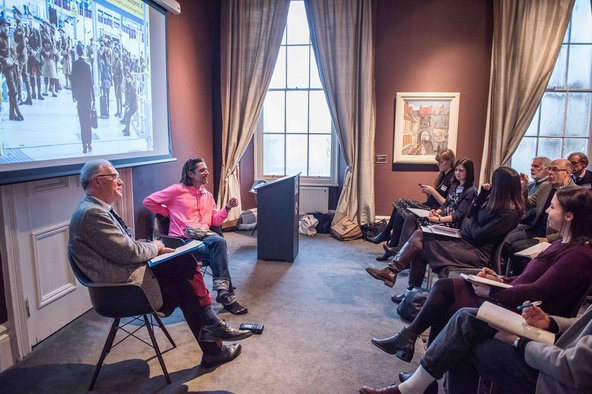
The third event, Seeing War: War and Cultural Memory, was held at The Oxford Research Centre in the Humanities in May 2018. This event featured a morning workshop run by early-career researchers, which discussed the portrayal of war in videogames and a recent graphic novel about the war in Syria. The afternoon included a panel on different modes of war photography, followed by a keynote talk by Professor Marita Sturken, author of Tourists of History: Memory, Kitsch, and Consumerism from Oklahoma City to Ground Zero (2007), which analysed the 9/11 and the Flight 93 memorials. Closing with a contribution from a film historian, the day considered how different modes of seeing war shape cultural memory.
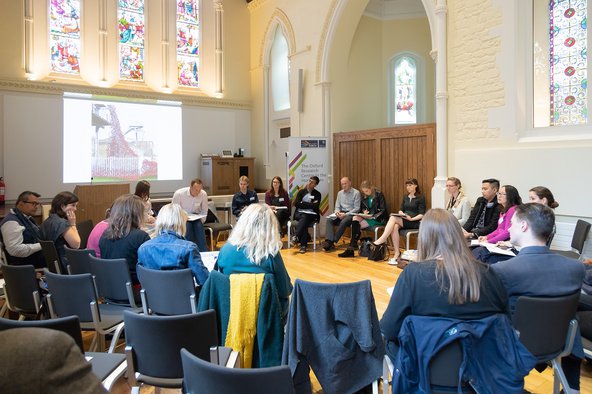
The British Academy Rising Star Engagement Award Scheme is designed to enable early-career academics to engage in interdisciplinary projects and to play ‘a leading part in enabling the engagement of others through the organisation of engagement events’. In my series, emerging scholars played a major role, from designing the event posters and taking part in a ‘Twitter Takeover’ to leading the morning workshops, chairing keynotes, and live-tweeting on the day – providing them with valuable experience and training for their future careers, academic or otherwise.
From Rising Star, then, to Rising Stars, as the next generation of war and memory scholars takes up the challenge of research, remembrance and reflection.
All of the panels and keynote lectures have been podcasted and will be available soon on the website www.cultcommwar.com. You can follow the seminar series on Twitter @cultcommwar and Alice Kelly at @DrAliceKelly
Dr. Alice Kelly is a Postdoctoral Research Fellow at the Rothermere American Institute and Corpus Christi College at the University of Oxford
